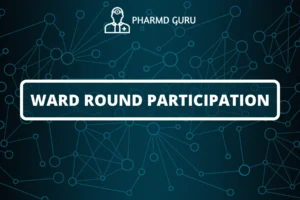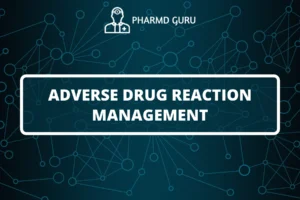Cardiac disorders are conditions that affect the structure and function of the heart. To diagnose and manage these disorders effectively, healthcare professionals rely on various diagnostic tests. These tests help assess the overall health of the heart, identify abnormalities, and determine appropriate treatment strategies. In this article, we will explore some common diagnostic tests associated with cardiac disorders, their significance, and how they contribute to patient care.
SCROLL DOWN TO THE BOTTOM OF THE PAGE FOR ACTUAL NOTES
TABLE OF CONTENTS:
- Introduction
- Electrocardiogram (ECG or EKG)
- Echocardiogram
- Stress Tests
- Cardiac Catheterization
1. Introduction
Cardiac disorders encompass a wide range of conditions affecting the heart, including coronary artery disease, heart failure, arrhythmias, and valvular heart disease. Accurate diagnosis is crucial for effective management and treatment. Diagnostic tests associated with cardiac disorders provide valuable information about the structure and function of the heart, helping healthcare professionals make informed decisions and develop personalized care plans.
2. Electrocardiogram (ECG or EKG)
An electrocardiogram, commonly referred to as an ECG or EKG, is a non-invasive test that records the electrical activity of the heart. It measures the electrical impulses generated during each heartbeat, providing valuable information about the heart’s rhythm and detecting abnormalities. An ECG can help diagnose arrhythmias, detect signs of heart attacks, and assess the overall electrical function of the heart.
3. Echocardiogram
An echocardiogram is a non-invasive imaging test that uses ultrasound waves to create detailed images of the heart’s structure and function. It allows healthcare professionals to assess the heart’s chambers, valves, and overall pumping function. Echocardiograms can detect abnormalities such as heart valve disorders, heart muscle weakness, and congenital heart defects.
4. Stress Tests
Stress tests evaluate the heart’s response to physical exertion. During a stress test, the patient is monitored while exercising on a treadmill or stationary bike. This test helps assess the heart’s ability to handle increased workload and detect signs of reduced blood flow to the heart muscle. Stress tests are commonly used to diagnose coronary artery disease and determine appropriate treatment strategies.
5. Cardiac Catheterization
Cardiac catheterization, also known as coronary angiography, is an invasive procedure that involves the insertion of a thin tube (catheter) into the blood vessels of the heart. This test allows for the visualization of the coronary arteries and the measurement of blood pressure within the heart chambers. Cardiac catheterization helps identify blockages or narrowings in the arteries and provides valuable information for treatment planning, such as angioplasty or stent placement.
ACTUAL NOTES




